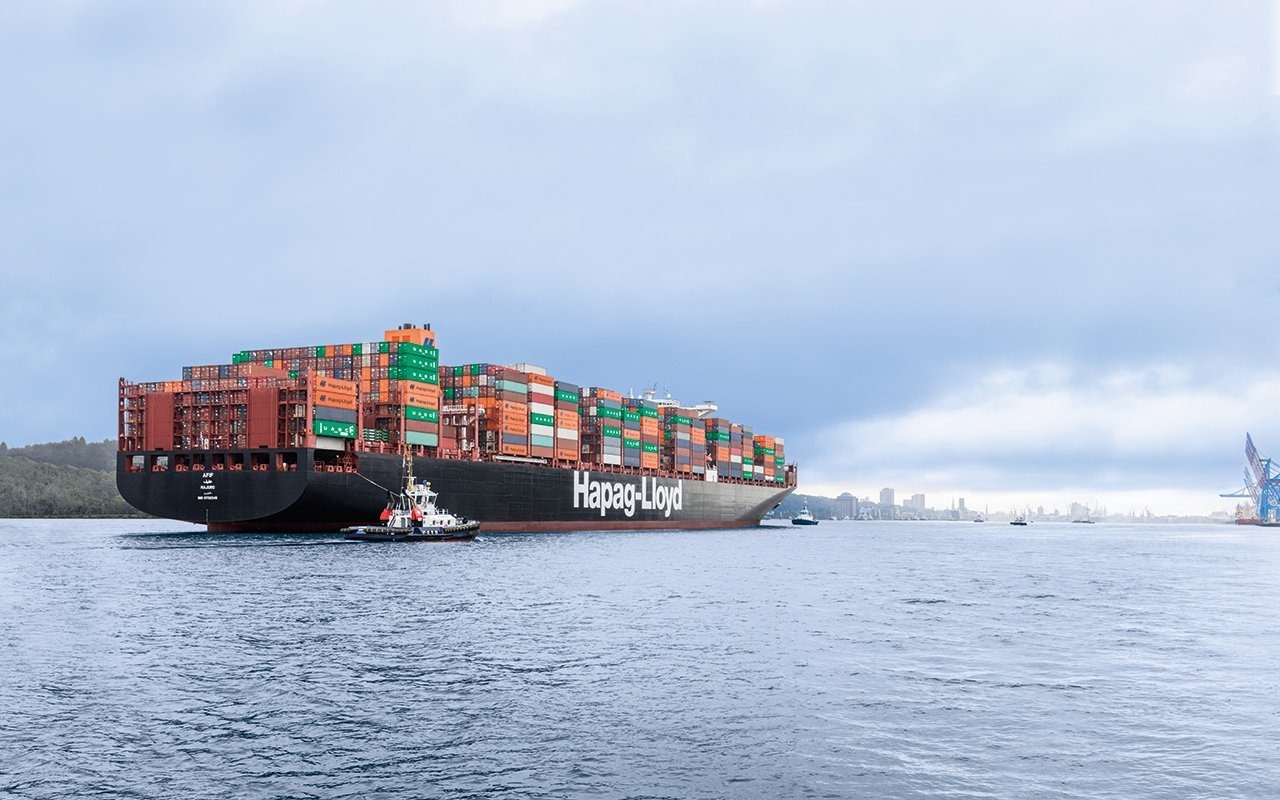
The European Commission has presented guidelines for the coordinated management of the Covid-19 epidemic. A large section is devoted to the transport of goods and the supply chain.
In response to the disparate measures, that are sometimes contrary to European law, taken by certain Member States to combat the coronavirus epidemic in a context of general panic, the European Commission presented on March 16th the “Guidelines for border management measures to protect health and ensure the availability of goods and essential services”. This is not just an economic issue. "The single market is a key instrument for European solidarity", underlined the President of the European Commission, Ursula Von der Leyen.
Putting an end to unilateral transport restrictions
Freight transport, along with services, figures prominently since it is the subject of the first chapter of these guidelines. The Commission wants to put an end to the untimely and unilateral prohibitions and controls that have been put in place. "Control measures should not undermine the continuity of economic activity and should preserve the operation of supply chains", especially for food and medical equipment. As such, the guidelines provide for an obligation to notify the Commission and the Member States of any planned transport restriction measures (apart from emergency measures for air transport).
“In that context, the facilitation of safe movement for transport workers, including truck and train drivers, pilots and aircrew, across internal and external borders, is a key factor to ensure adequate movement of goods and essential staff", underlines the Commission. It therefore requests that any restriction be "transparent, duly motivated, proportionate, relevant and mode-specific" and finally "non-discriminatory."
Designate priority transport lanes
The Commission also invites the Member States to define priority lanes for the transport of freight (“green lanes”) and to consider lifting traffic restrictions on weekends. "Such [control] measures should not cause serious disruption of supply chains," insists the Commission.
It also calls on the Member States to provide, if needed, the reinforcement measures necessary to operate the strategic nodes of ports, airports and logistics hubs.
Financial support for transport companies
The European Union transport ministers, during a videoconference meeting which took place on March 18th, also stressed the need to provide financial assistance to help the operators to keep European transport alive. "We need to give companies the financial margins they need to survive the crucial period, while avoiding that one company’s solution becomes another company’s problem. It is important to keep the freight moving, also across borders in order to make sure that the essential goods and medical supplies reach our citizens.”, underlined the Croatian Presidency of the Council, represented by the Minister for the Sea, Transport and Infrastructure, Oleg Butković.
Derogation measures
The IRU (International Road Transport Union), for its part, called for more flexibility on driving and rest times, as well as the lifting of restrictions on certain delivery constraints. Some countries have already taken steps in this direction, as shown by the assessment of current measures regularly updated on the IRU web page dedicated to the coronavirus crisis. France is preparing to follow suit. "In particular, it is a question of enabling employees to travel to their workplace or production site, to keep open, in a manner that derogates, the shops or services essential to the supply chain (service stations including their food outlets, truck stops, garages for heavy goods vehicles, sanitary facilities in service areas, etc.). If necessary, waivers will be granted to ensure the smooth transit of transport operations ”, specifies a press release.
The IRU has also called for guarantees in terms of health safety for staff in the sector, in line with the concerns expressed by the European Commission. In France, a decree is due to be published in the near future to specify the health protection measures for supply chain operators.
Our latest articles
-
Subscriber 3 min 24/02/2026Lire l'article -
Hapag-Lloyd - Zim: a shipping deal with geostrategic implications
Lire l'article -
European road freight: the spot market is stalling
Lire l'article



